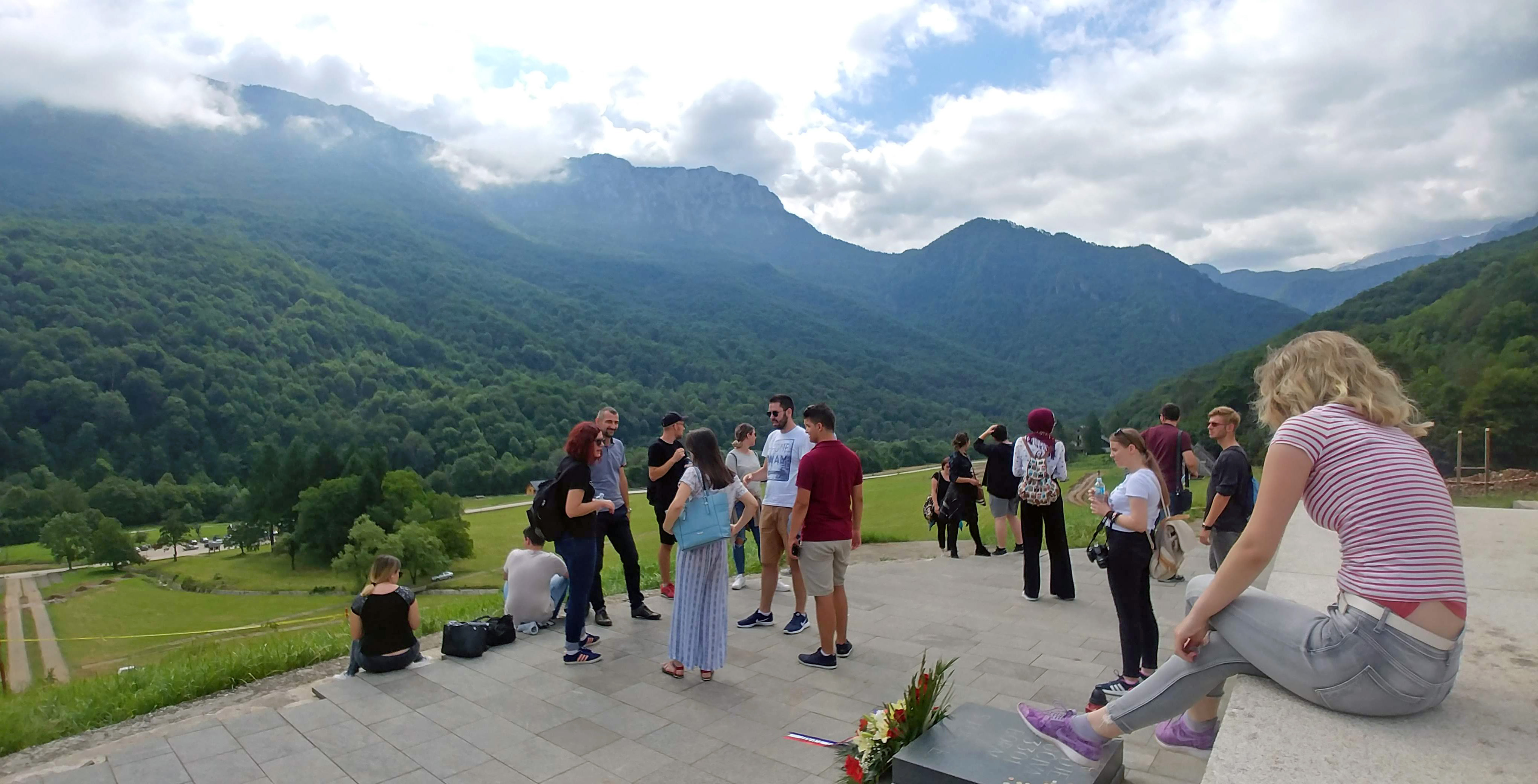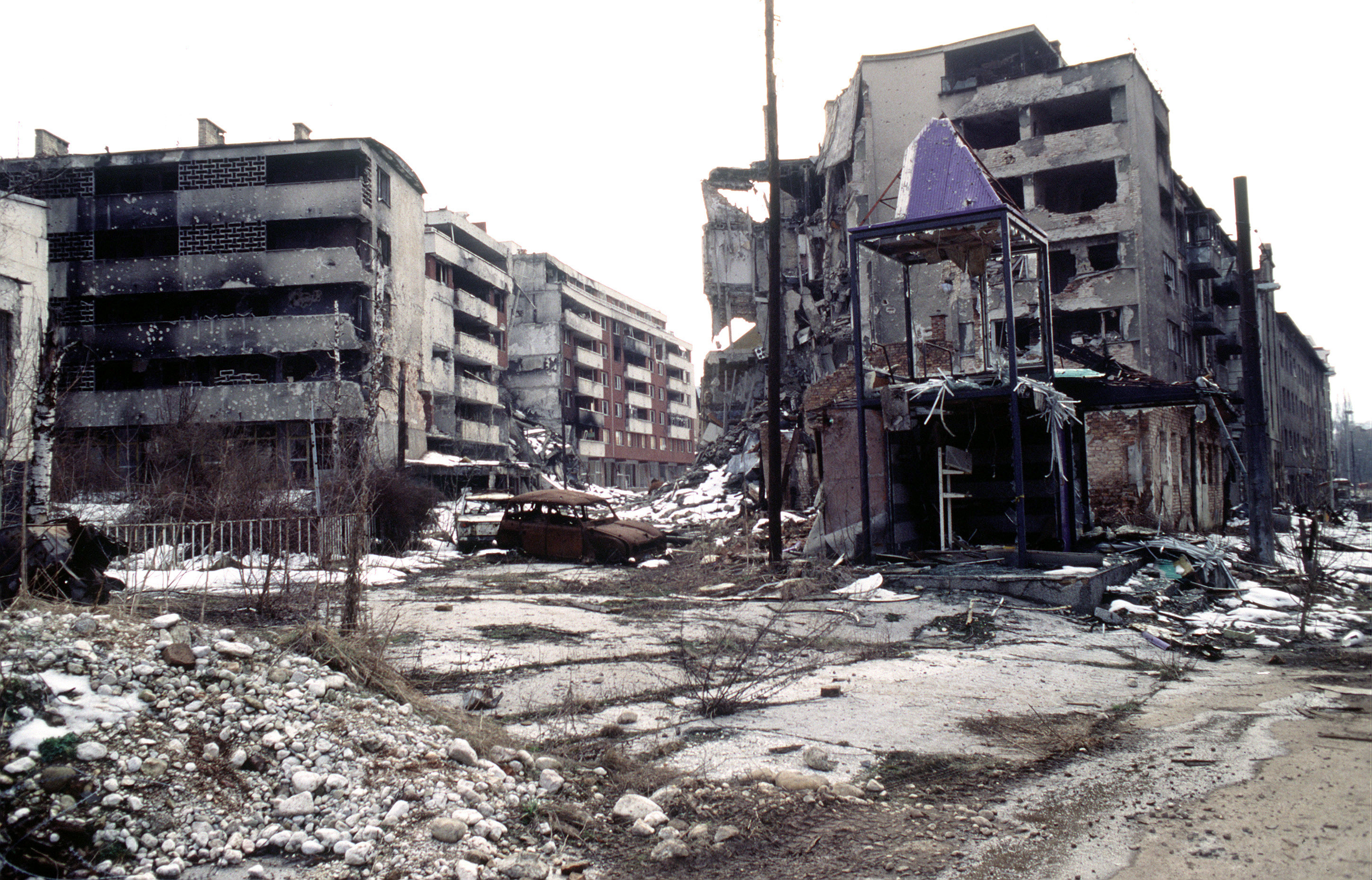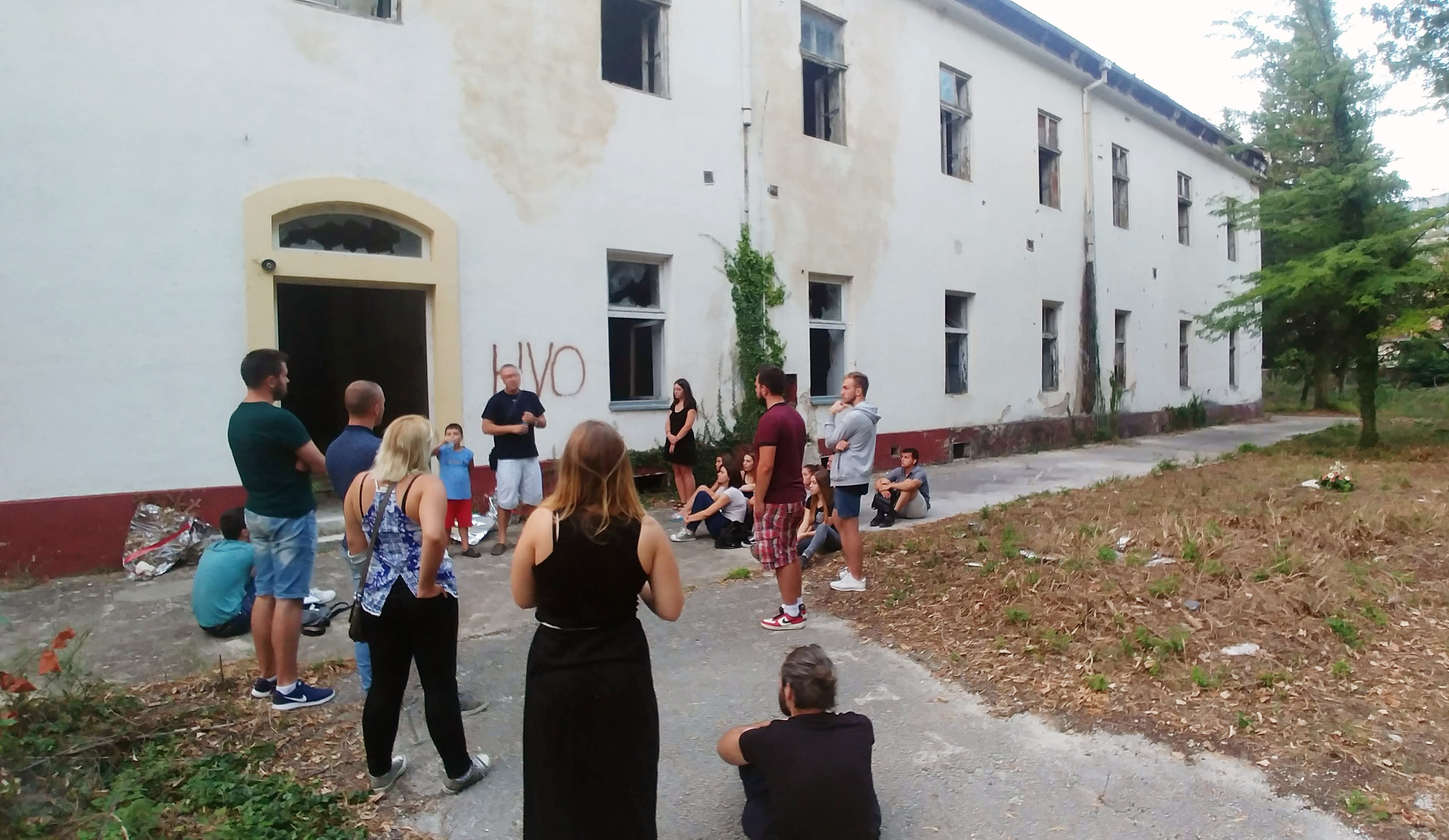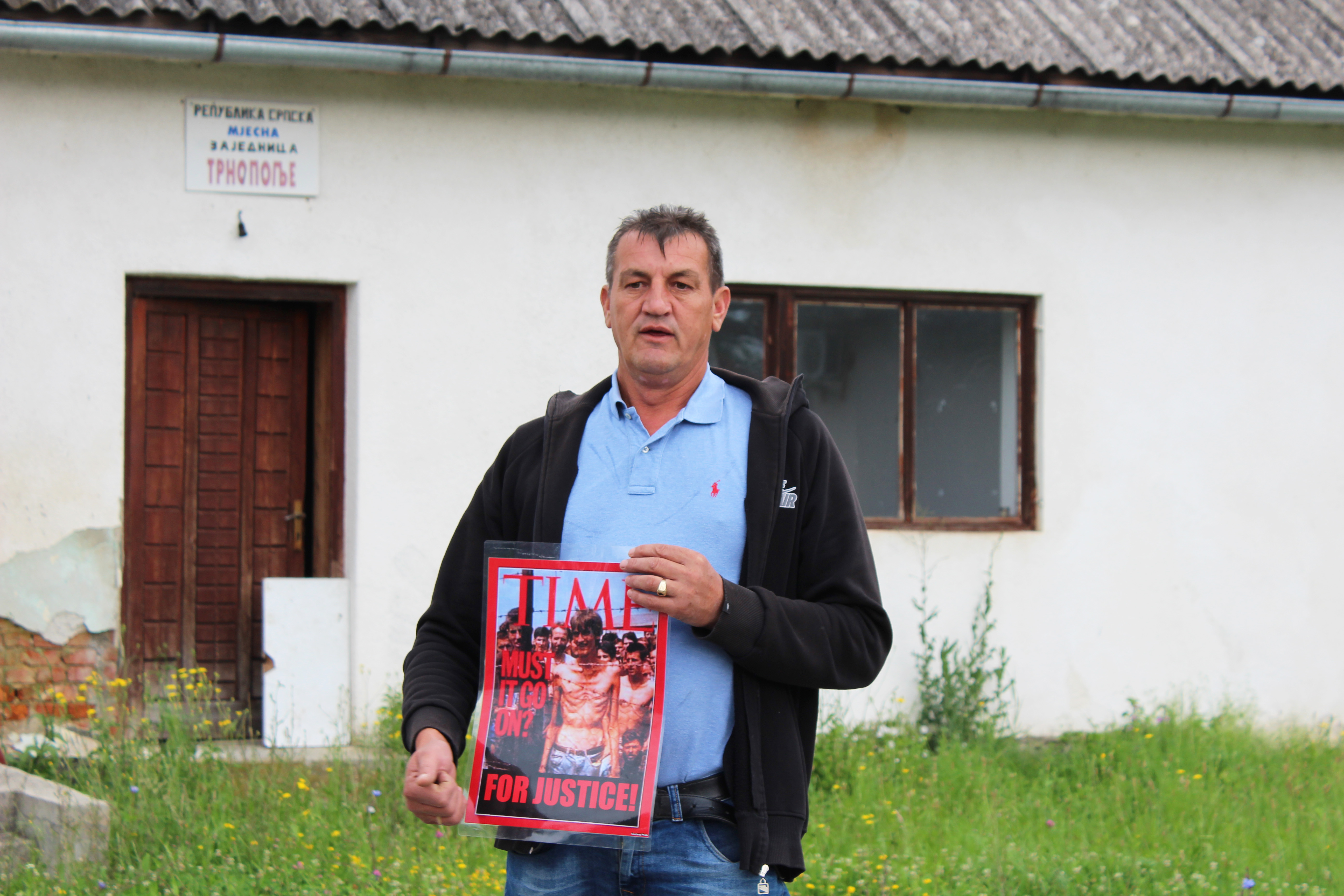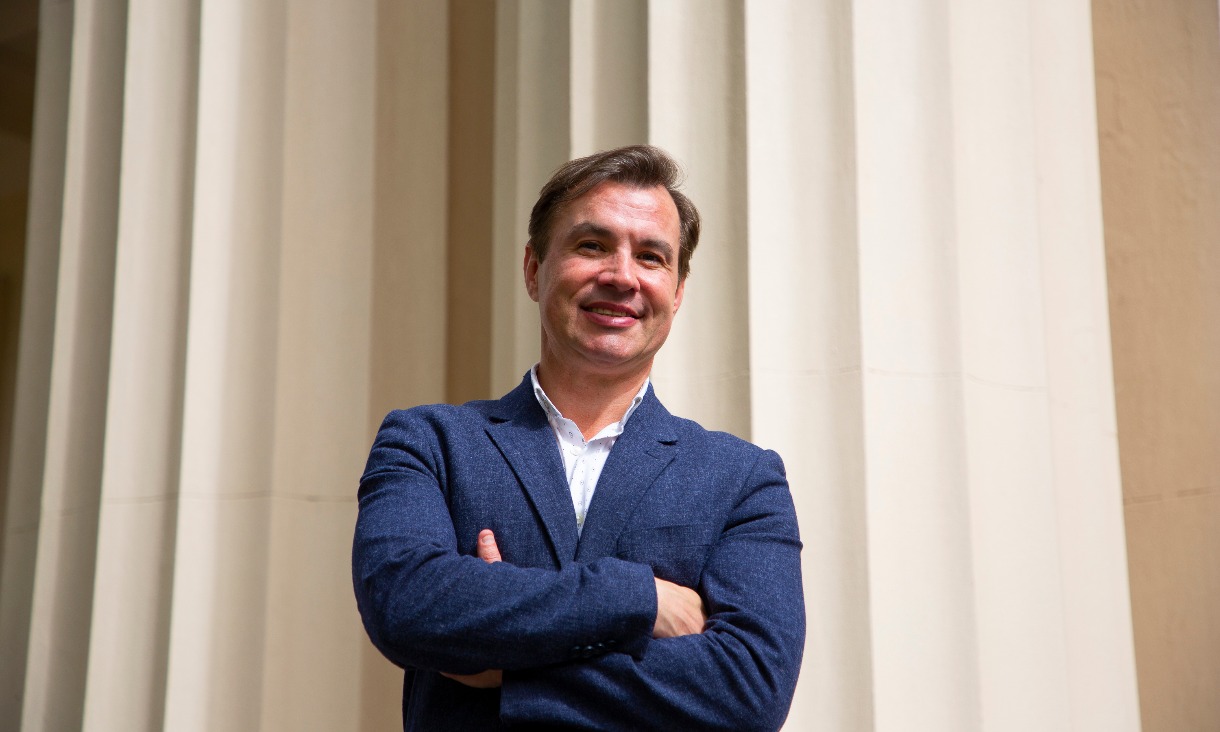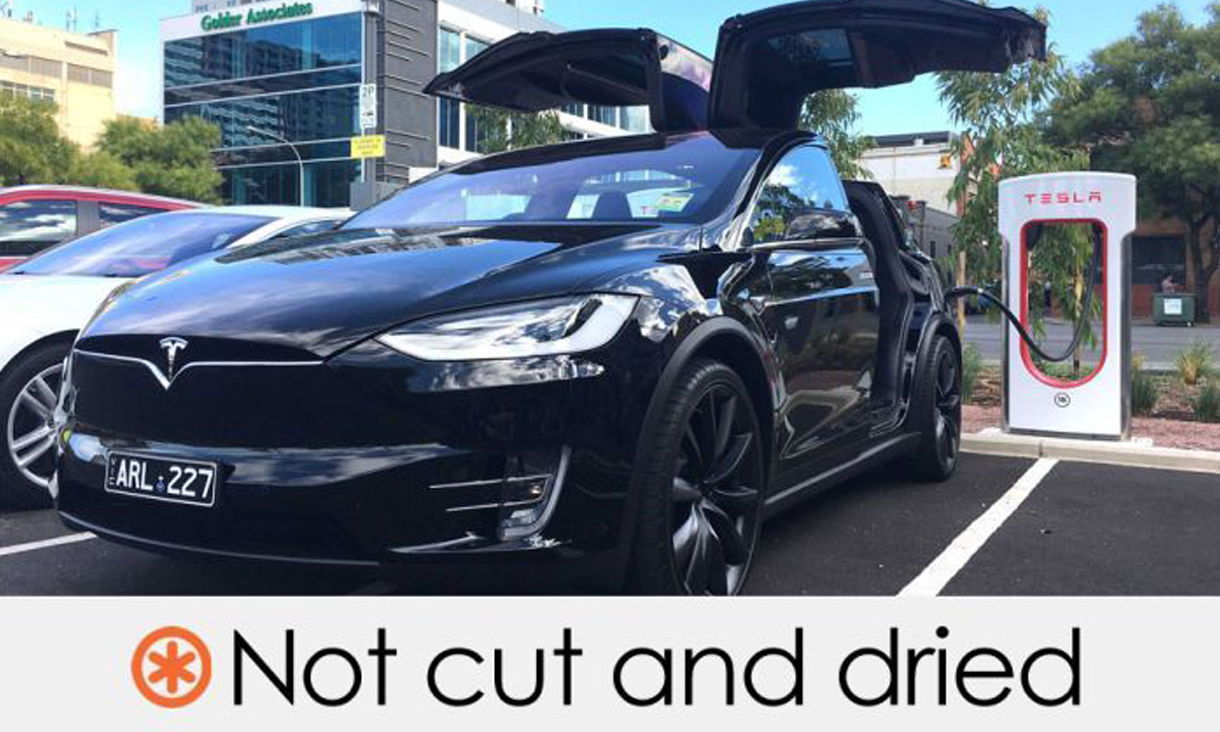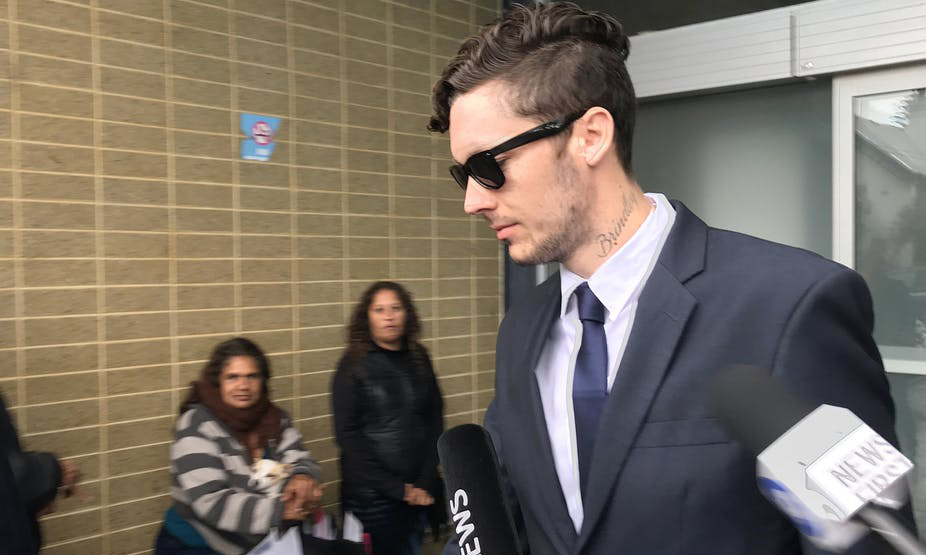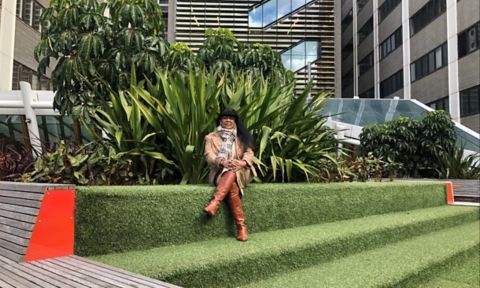Your Fulbright mission: stop nuclear weapons falling into the wrong hands
The stakes could not be higher, but this academic wouldn’t have it any other way.
Stephen Conroy says you can't easily drive from Sydney to Melbourne in an electric vehicle. Is he correct?
RMIT ABC Fact Check investigates the former Labor minister's claim.
One in five Australians is a victim of ‘revenge porn’, despite new laws to prevent it
Australian laws have come a long way in terms of responding to image-based sexual abuse, but it remains a social, health, legal and criminal policy challenge, RMIT experts say.
Distracted by rubbish, sustainability plan forgets people
Experts warn a major opportunity to improve sustainability in Victoria could be missed by focusing exclusively on patching up recycling systems while failing to address more fundamental issues.
